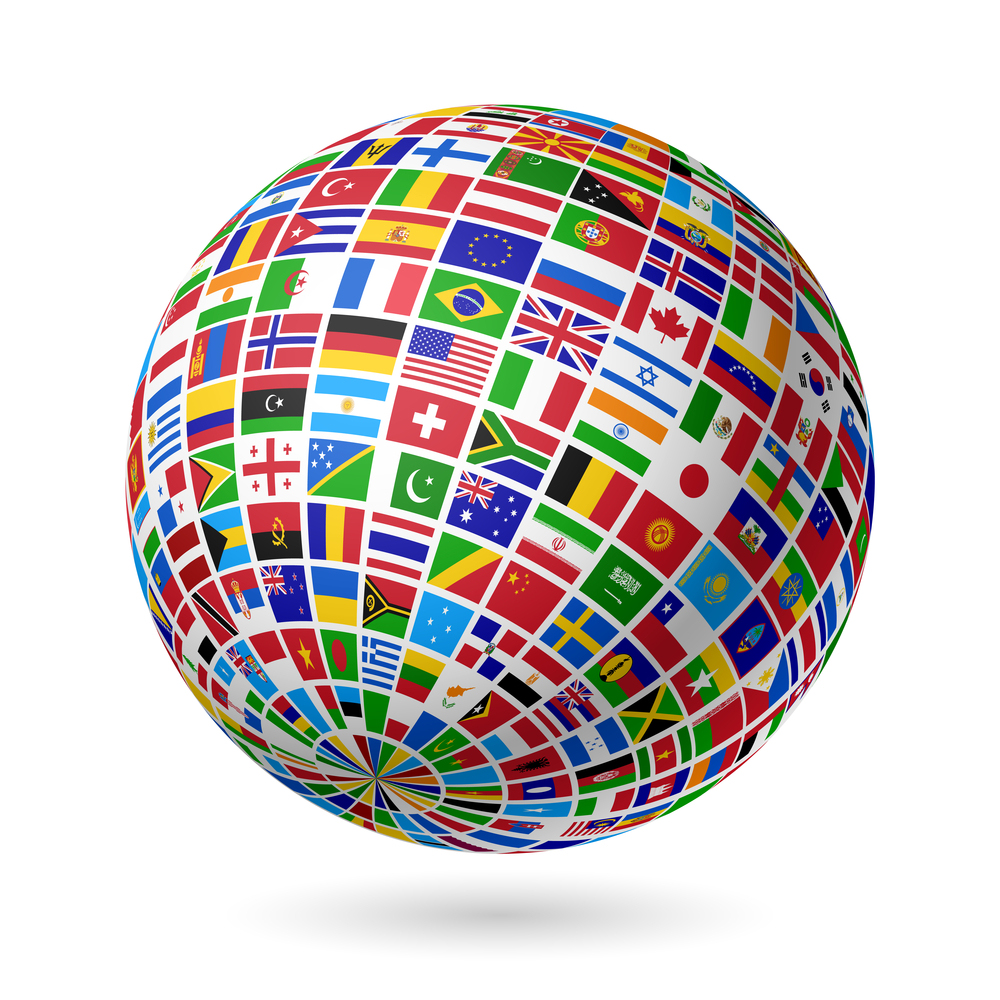
Understanding “Expat Language”: What do YOU call yourself?
Expat, third culture kid, trailing spouse, international… what language do you use to describe yourself or your situation? Do you identify with any of these terms? Do you choose not to? Or perhaps you’ve struggled to find a term that describes your situation with all its nuances?
When it comes to discussing issues faced by “expats”, finding language that is accurate – and shared and understood by us all – is something of a challenge; a challenge that is impossible to ignore with the growing phenomenon of globally mobile individuals and families.
For example, the term “international” can refer to any of the terms in the table below. The different “labels” also carry different emotions and may affect how we see our identity (e.g. positively or negatively).
So where do we begin?
How can we make sure that we start our conversations on the same page?
A possible first step is to define the terms, meanings and references we use – find some helpful definitions below, as discussed at the FIGT (Families in Global Transition) Conference 2016 in Amsterdam. There are many more, of course, but we tried to make a small, comprehensive list with some of the most important definitions.
By creating mutual understanding of common (and not so common) terms, there’s less chance of the words getting in the way of real communication.
| Term | Definition |
| Expat / Expatriate | Person who left his/her native country to live elsewhere. |
| Third Culture Kid (TCK)Third Culture Adult (TCA) | Person who has lived in – or meaningfully interacted with – two or more countries for a significant period of time during developmental years, often coupled with High Mobility Patterns.Person (adult) who is not living in his/her home country. |
| Cross-Cultural Kid (CCK) | Person who has lived in – or meaningfully interacted with – two or more cultural environments for a significant period of time during developmental years. |
| Trailing spouse / Accompanying Spouse or Partner | Person following his/her spouse on assignment abroad. |
| Lovepat / Romantic Expat | Made-up word to designate a person who followed a person of romantic interest abroad. |
| Repat / Repatriate | A person who returned to his/her native country after living elsewhere. |
| Adult Third Culture Kid (ATCK) | Person (adult) who grew up as a TCK. |
| Global Nomad | Other name designating an Expat or TCK. |
| Orphan Spouse | Person is in a relationship but his/her job(s) dictates separate lives to partner/spouse. |
| Immigrant | Person who comes to a country to settle. |
Regardless of what term best describes your situation, here are some valuable questions to ask yourself:
- Do I need a label?
- What does it mean for me/my identity/who I am?
- How does the label feel to me?
I believe having answers to these questions is equally, or more, important, than identifying one term that describes your full experience as an international or expat or repat or…
At the end of the day, you are YOU blessed in your DIVERSITY!
What do you call yourself? Join the conversation below – we’re curious to hear your thoughts!
If you found this article helpful, subscribe to our newsletter or share the article with a friend or family member who has been asking similar questions!








Hi Vivian,
I have often felt like a global citizen, able to understand and live in various cultures. Perhaps this is due to my upbringing, where my parents raised me to understand other cultures as much as possible. My dad reads a lot too and I inherited his reading habit and so I can more closely relate to people of various cultures and upbringings.
This has been a great blessing to me as I make friends and connect with other people. I wish that I could speak more languages, so that I could connect better with people but I feel blessed al the same now.
Best wishes
Arulnathan John
Hi John,
Thank you for your comment, it was a pleasure to read. It’s a blessing that you can call yourself a global citizen. It’s sometimes very difficult to be able to live or understand other cultures. Your ability in being able to do this can definitely be seen as a blessing! It’s a wonderful trait to be able to connect with people from a wide variety of cultures. Also, it’s never too late to start trying to learn a new language! ? I have a dream to learn Spanish!
Many thanks for being such a valuable member of the Expat Nest community
Vivian
Vivian,
I prefer the term global nomad at home. I lived 12 years in Paris, France and once I returned to my hometown, I learned Spanish. This led to a second career as a Community Health Worker assisting Spanish-speaking patients with medical insurance, health decisions and basic needs. More importantly, I married a man from the Dominican Republic, and after he passed away, I carried on the legacy he left me and married another Dominican.
My challenge has been making my skills relevant, but this has been taken care of by my new position. In fact, my supervisor is Latina and she is also aware of my long history in the community. The more I concentrate on helping others, the less pressure there is for me to seek approval from others. Trust is built through my work, and closer relationships follow. I think the opposite happened a few years ago when I sought your assistance: I led with my personal story rather than my skill sets or desire to be of service, before the rapport of trust was established.
I also think I have to be strategic about how I tell my story and who the audience is. With the right storytelling technique and audience, I can better explain why I became a global nomad.
Best wishes,
Lori Nolasco Martínez.
Dear Lori,
Thank you so much for your inspirational comment. It definitely sounds like the term global nomad/citizen suits you accurately. I find your this sentence of your comment, “the more i concentrate on helping others, the less pressure there is for me to seek approval from others” particularly encouraging and important. It sounds like you use your skills for great purposes! Glad to see that our work helped you find a meaning in your identity and life. I hope you inspire many others to follow those footsteps. Keep up the fantastic work!
All the best and many thanks,
Vivian
Interesting Vivian!
I put myself under expat term then, where I lived in two countries so far. however, I can say that I dealt with people from much more countries.
Regards
Abdelrahman
Thanks for your comment Abdelrahman and it is always good to hear from you.
Interesting to see how you identify yourself and your international experience.
All the best
Vivian
From my experience as TCK, I think these labels can be helpful, particularly for individuals who don’t feel like they can truly relate to either the culture of their country of origin or their residing country. In that case, finding other “TCKs” with whom you don’t feel the need to change aspects of your personality for can be a good thing. However, I think it is important to not abandon or separate yourself from either culture, but rather embrace the fact that they both play a role in shaping how you think and who you are today.
Hi Funmi
It can really help to understand the particular nuances of your expat/TCK experience and to know that there are others who understand this. I love your comment about embracing your TCKness but not without abandoning the culture(s) that helped to form you. This is a key philosophy at Expat Nest, where we celebrate diversity is its many, many forms.
Best wishes
Vivian
I have to agree with FUNMI – labeling your situation isn’t always ideal or even necessary, but sometimes it helps you to realize that there are more people like you. You might not identify with one specific country, but you belong to this group called “TCKs”.
That being said, I also appreciate the ending of this post: “Do I need a label?!”
Hi Linda
You’ve hit the nail on the head! A “label” is only helpful when it helps us to understand ourselves better and to realise that we are not alone. And of course, our “labels” can be discarded when they no longer serve us, or they can evolve as we transition through life.
Best wishes
Vivian